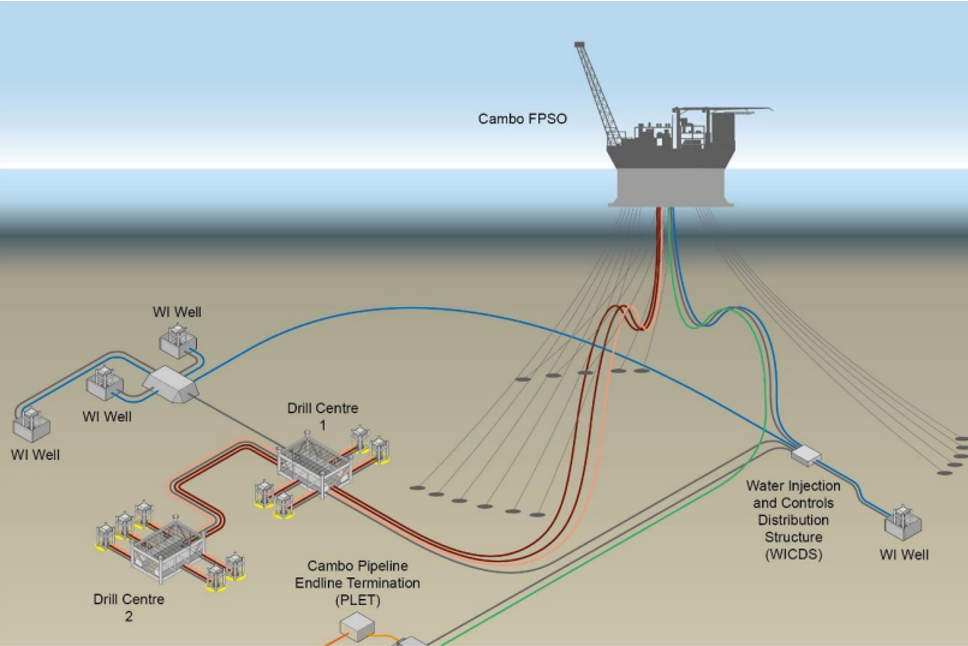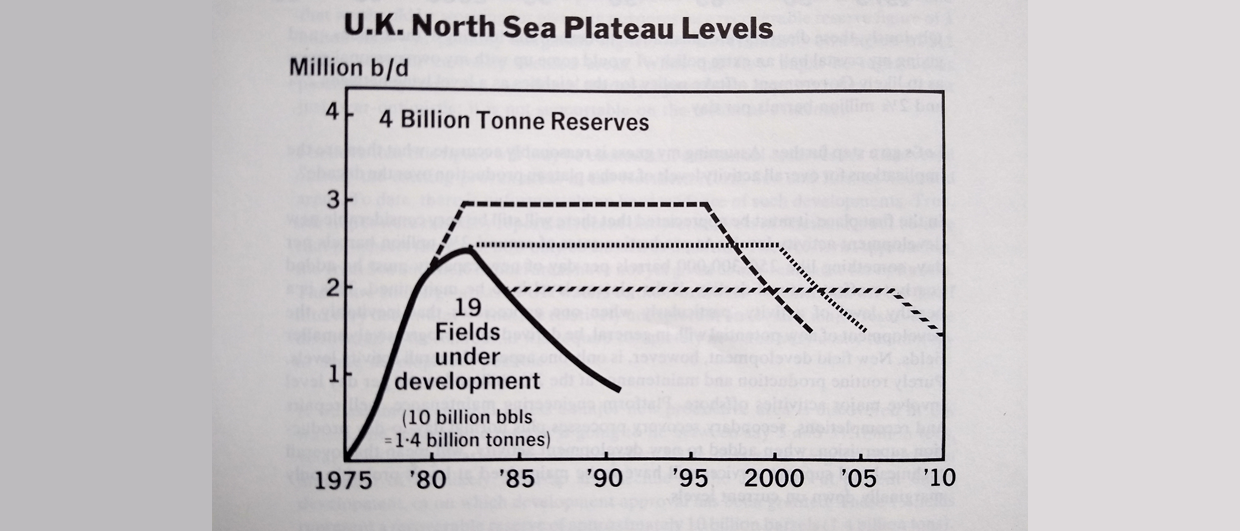Even though the ultimate decision to go ahead with the West of Shetland discovery resides with the government in London, it is still quite a thing to hear this from the most important political figure in Scotland.
Whether you are for or against the development of Cambo, there is one quote in the BBC article breaking the news on what Sturgeon said that suggests a misconception about oil and gas production.
This misconception is that production of hydrocarbons is something that – if we want to – can go on indefinitely. The following quote from Sturgeon leaves this impression: “I don’t think we can go on extracting oil and gas forever, …”.
Only to 2030
Does Sturgeon know that the OGA, in their latest UK Oil and Gas Reserves and Resources Report, openly writes that with the UK reserve estimate, production from the UKCS at current levels can only be sustained to 2030? Even though the OGA states that the UK’s petroleum reserves remain significant, it must also be concluded that 2030 is pretty close.
With the 4.4 billion boe in reserves at the end of 2020 in mind, we can make a very quick forecast on production from now on (see below). This is a minimum estimate, as it does not include any incremental volumes worked up in the years to come (the OGA also states that there’s 6.8 billion boe of contingent discovered resources).

It does show how quickly production will likely drop to levels below seen today if no further investments are made, and ultimately come to a stop potentially even before 2040.
One could say that the 2015-2020 production profile is looking flat, why would it drop in the years to come? This is because of the billions of investments in field developments prior to the oil price collapse in 2014, with fields coming onstream such as Catcher, Clair, Buzzard, Culzean and Mariner. This major spending spree is behind us and was followed by years of underinvestment. It is likely that the effect of underinvestment is going to be visible in production figures very soon.
With the UK continuing to be reliant on fossil fuels even beyond 2040, the question that should be asked is the following: is the UK prepared to rapidly become fully dependent on fossil fuel import or does it want a managed decline in an attempt to soften the rate at which dependency increases? The development of Cambo will do the latter (see above), albeit to only a small extent.
HENK KOMBRINK





